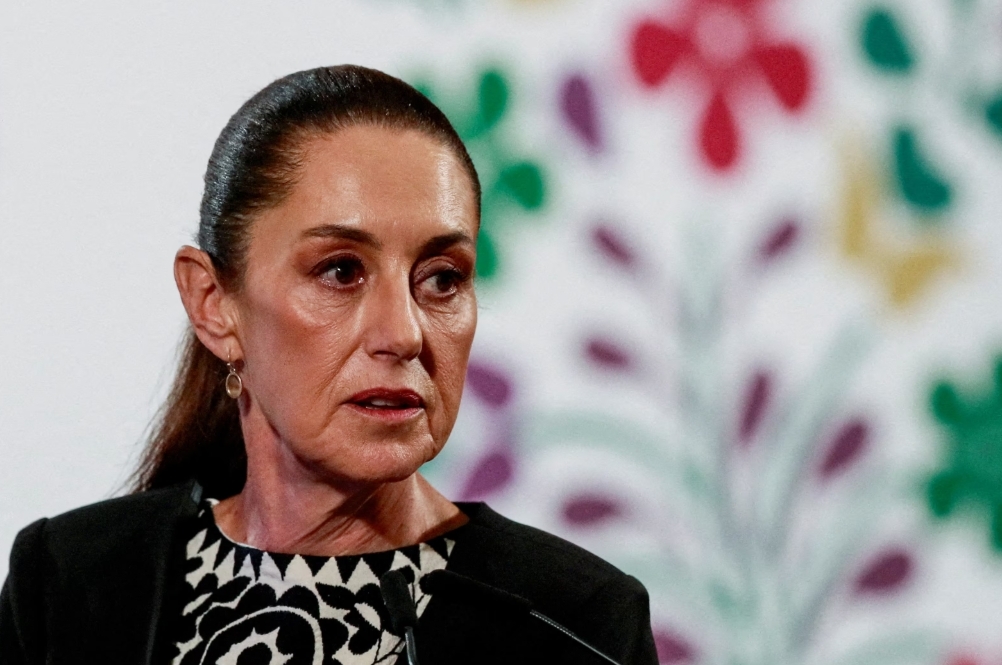Well, folks, the tension between Mexico and the United States just got kicked up a notch. Mexican President Claudia Sheinbaum isn’t wasting any time making her stance clear after the Trump administration officially designated six major drug cartels as foreign terrorist organizations. And let’s just say, she’s not thrilled about it.
In a fiery statement, Sheinbaum declared that Mexico will not tolerate “interventions, interference, or any other act from abroad that could be harmful” to the nation’s sovereignty. Strong words, and given the history between these two neighbors, they carry some real weight.
What’s got Sheinbaum so riled up? Simple—when a group is labeled a terrorist organization by the U.S., it creates a legal pathway for more aggressive action, including the potential for military operations. And Sheinbaum is making it very clear: Mexico wants no part of that.
To reinforce her position, Sheinbaum is proposing constitutional reforms that would lock in limits on foreign agents operating in Mexico—rules that were originally put in place by her predecessor, Andrés Manuel López Obrador.
These restrictions require every action taken by foreign law enforcement to be approved by the Mexican government. Now, Sheinbaum wants to take things a step further and make these restrictions permanent, ensuring that Mexico, not Washington, dictates the terms of any security cooperation.
But that’s not all. Sheinbaum is also cracking down on arms trafficking, something she says fuels the very cartel violence that Trump’s administration is targeting. Her proposal includes severe penalties for foreigners involved in the smuggling and distribution of guns—a move likely aimed at curbing the flow of American firearms into cartel hands.
This all comes in response to the Trump administration widening its list of designated terrorist groups, now including six major Mexican cartels—Sinaloa, Jalisco, Zetas, Gulf Cartels, Cartel Unidos, and La Nueva Familia Michoacana—alongside other criminal organizations like Venezuela’s Tren de Aragua and El Salvador’s notorious MS-13. The designation isn’t just symbolic; it gives the U.S. government expanded legal authority to go after individuals and networks that support these groups. And that’s exactly what has Sheinbaum concerned.
The bigger question here? Where does this go next? The U.S. now officially considers these cartels terrorist organizations, and history tells us that such a designation often leads to more direct action. Does that mean drone strikes? Military raids? Covert operations? Those are the kinds of scenarios that Sheinbaum wants to shut down before they even become a possibility.
And let’s not forget—Sheinbaum’s party holds majorities in both chambers of Mexico’s Congress, which means she has the political muscle to push these reforms through. So while Washington may be sharpening its legal tools against cartel operations, Mexico is digging in, determined to maintain control over its own territory.

